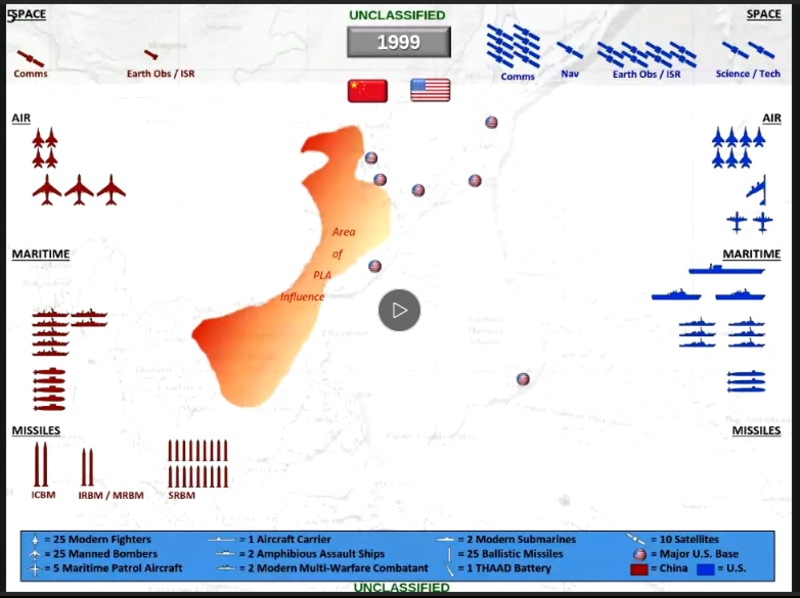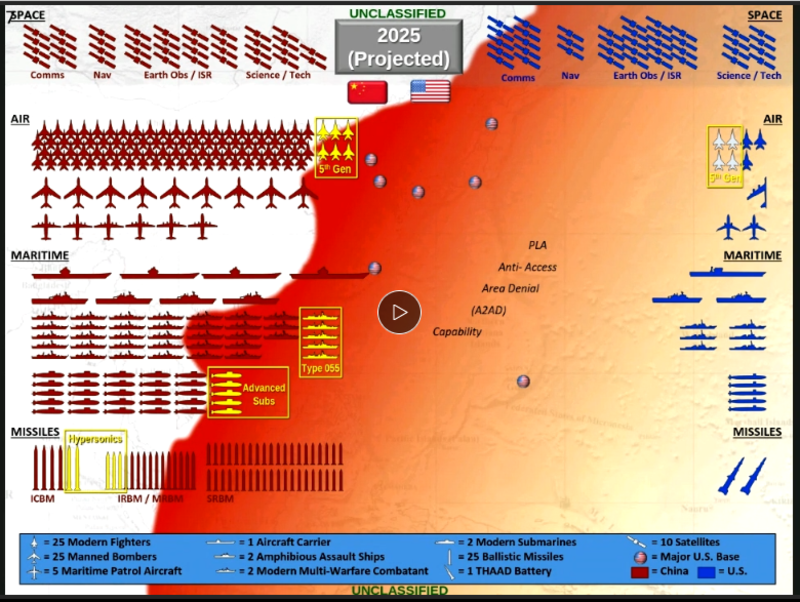Bounding Power in the Island Chains
The Efficacy of Maritime Diplomacy in Sino-American Relations, 1949-1996

Dr C J Jenner
Senior Fellow
University of Oxford Rothermere American Institute Oxford, OX1 3UB, United Kingdom
https://www.rai.ox.ac.uk/people/c.-j.jenner
john.jenner@rai.ox.ac.uk
+ 44 (0)7772 402687
Visiting Senior Research Fellow
King’s College London
Strand, London, WC2R 2LS, United Kingdom
john.jenner@kcl.ac.uk
Project Synopsis
Funding
Period of Work
Primary Investigator & Project Director
Office of Naval Research Global Grant Award
2021-2026
C J Jenner, University of Oxford
Objective
The project’s governing objective is the publication of an original, interdisciplinary, and primary source based monograph and edited collection on the efficacy of maritime diplomacy in relations between the People’s Republic of China and the United States of America. In sum, the project’s publications will comprise the first comprehensive account of how, when, and why changes in Beijing’s and Washington’s relative maritime power conditioned the conception and conduct of Sino-American maritime diplomacy, and thereby changed the course of the most important bilateral relationship in the world today.
Aim
According to a former commander of U.S. forces in the Indo-Pacific, “China is now capable of controlling the South China Sea in all scenarios short of war with the United States.”1 Why, when, and how did China gain maritime power sufficient to retake command of the South China Sea from the USA via maritime diplomacy? Based on a unique evidential base comprised of American, Chinese, and South-East Asian primary sources, the project will conduct the first comprehensive comparative investigation of the antecedents to an epochal change of command in the First Island Chain.
Scope
Maritime diplomacy is the use of maritime power to support, persuade, deter, or compel. Maritime power is the ability to apply maritime capabilities at and from the sea to influence the behaviour of policy makers and military commanders in the target leadership and the course of international relations in the target territory.
At least since the era of John Selden (1584-1654) and Huig de Groot (1583-1645), preponderant and rising powers have practiced maritime diplomacy to realise command of the sea and perceived sovereignty rights.2
East-West seaborne trade generates global wealth. A preponderant maritime power typically strives to command the East-West joining South China Sea, the First Island Chain, and the Malacca, Sunda, Lombok, and Makassar straits: Chinese (Sung 960-1279, Yuan 1279-1368, and Ming 1368-1644), Iberian (1511-1640), Dutch (1640-1780), British (1780-1942), and American (1945-).3
PRC Armed Forces and Area of Influence Relative to USA in 1999 and 2025*


* USA armed forces are those assigned to the Indo-Pacific Command, not the total of America’s forces and power projection capabilities.4
1 Senate Armed Services Committee, Unclassified, “Advance Policy Questions for Admiral Philip Davidson, USN Expected Nominee for Commander, U.S. Pacific Command” (17 April 2018), p. 18.
2 Kittrie, O., Lawfare: Law as a Weapon of War (Oxford, 2016); Bederman, D., “The Sea,” in Fassbender, B., and A, Peters, eds., The Oxford Handbook of the History of International Law (Oxford, 2012), pp. 359- 378; Kratoska, P. H., R. Raben, and H. S. Nordholt, Locating Southeast Asia: Geographies of Knowledge and Politics of Space (Singapore, 2005); Zou K., “The Chinese Traditional Boundary Line in the South China Sea and its Legal Consequences for the Resolution of Boundary Disputes over the Spratly Islands,” International Journal for Marine and Coastal Law, vol. 14:1 (1999), pp. 27-55; O’Connell, D. P., The International Law of the Sea, vol. 1 (Oxford, 1987), p. 1.
3 冯梁 [Feng Liang] and 段延志 [Duan Yanzhi], “中国海洋地缘安全特征与新世纪海上安全战略 [China's Maritime Geopolitical Security Characteristics and Maritime Security Strategy in the New Century]” in 邓晓宝 [Deng Xiaobao] ed., 强国之略: 地缘战略卷 [Strategy for a Strong Power: Geopolitical Strategy] (Beijing [北京], 2014), pp. 363-374; Lo J. P., China as a Sea Power, 1127-1368: A Preliminary Survey of the Maritime Expansion and Naval Exploits of the Chinese People During the Southern Sung and Yuan Periods, ed., B. A. Elleman (Singapore, 2012), pp. 342-43; Mahan, A. T., The Influence of Sea Power Upon History, 1660-1783 (Louisiana, [1890] 2003).
4 Lt. Gen. Michael Minihan (USAF) Deputy Commander, U.S. Indo-Pacific Command, Unclassified, “Great Power Competition & Technology Challenges” (7 July 2020).



